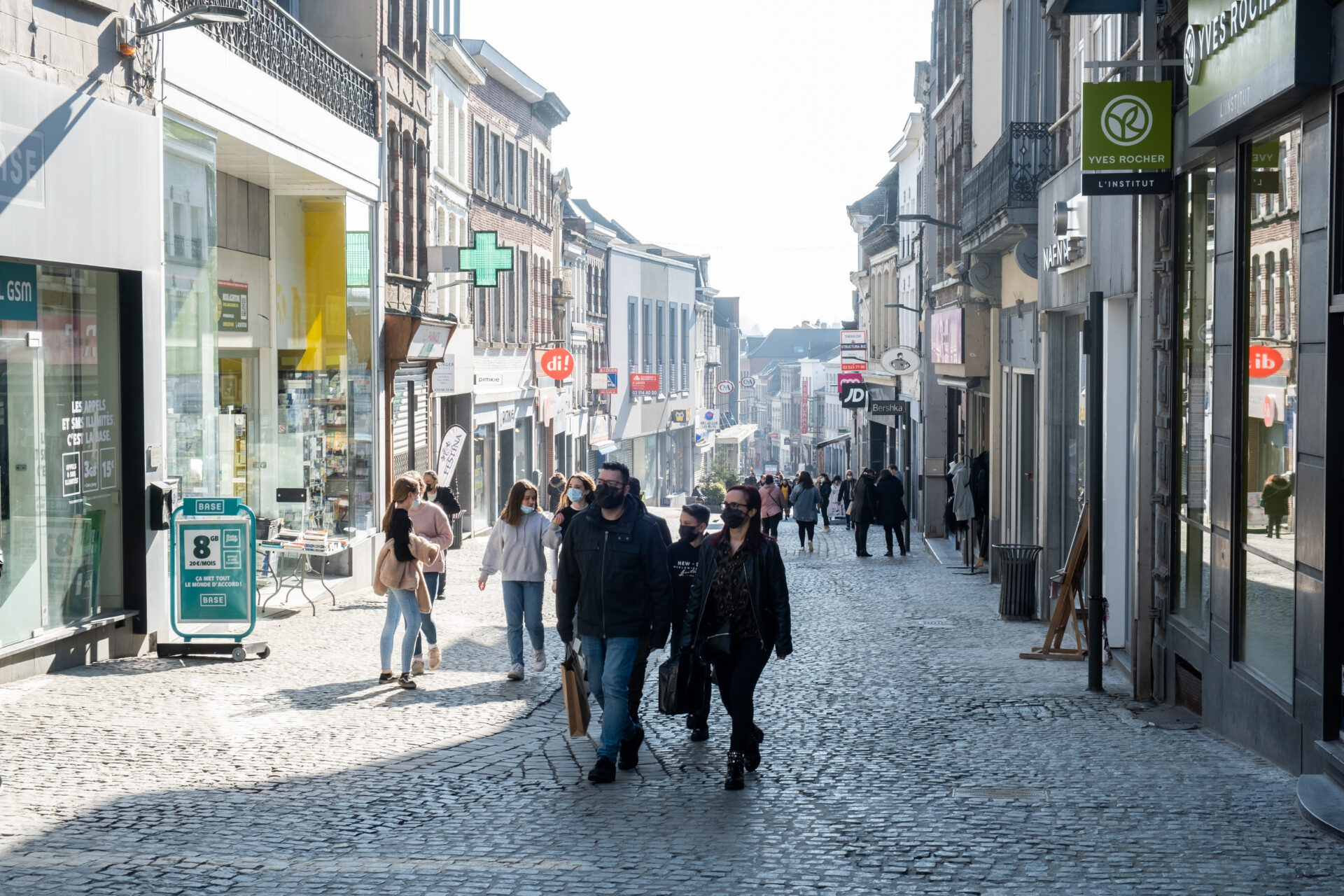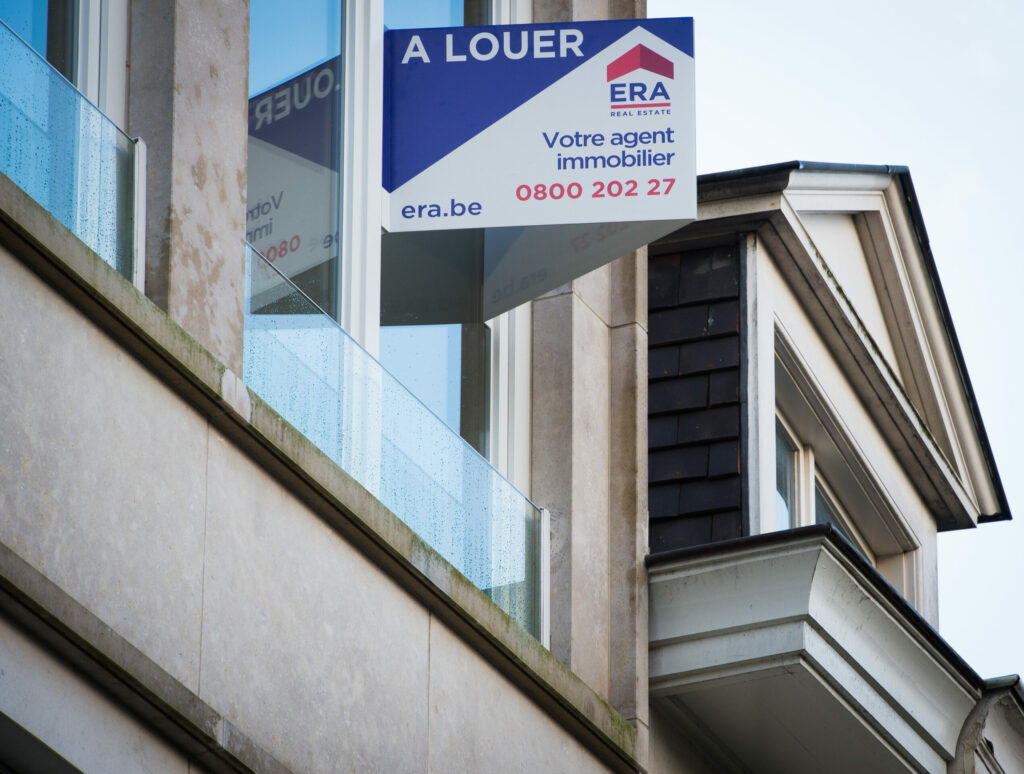The number of rental properties on the Brussels market has dropped by 23% in just one year. The Confederation of Real Estate Professions (CIB) says this figure might partly be due to late registrations, but it will not drop below 20%.
"Unfortunately, this is not unexpected. The economic climate is less conducive to investors," its report published on Friday stated. The CIB noted that higher interest rates since 2023 have stalled investment in rental properties.
"This makes for a more difficult housing search for renters. Supply is shrinking while demand remains (very) high."
"20% fewer new contracts than usual should set off alarm bells," commented Kristophe Thijs, director of communications at CIB. "After all, demand is not decreasing, it is increasing. The gap between supply and demand must be closed. For this, investment is desperately needed and the new government must be aware of this."
Korfine CEO Patrick Boterbergh has also called for the lack of investment in rental properties to be on the agenda in ongoing government formation talks. "Counterproductive and unworkable measures such as the winter moratorium, the preferential right and the changes to housing rental law are driving investors away. The new Brussels government must reverse that trend and reach out to investors again."
Commune by commune
While the rental pool has got smaller, rental prices have grown at a stable rate, in line with inflation. In the first half of 2024, average rent increased by €35 (2.8%) to €1,283.
The increase was evident in every municipality except for Uccle, Brussels-Ville, Evere and Neder-Over-Heembeek. Rents rose by 9% or more in four communes: Woluwe-Saint-Pierre, Watermael-Boitsfort, Auderghem and Berchem-Sainte-Agathe.
There are now just four communes with average monthly rent less than €1,000: Jette, Laeken, Anderlecht and Ganshoren.
Apartments account for 90% of rentals (3% are studios and 6% are terraced houses). Renting an apartment became €30 more expensive in 2024 compared to last year (up by 2.5%).
For the first time, average monthly rent for terraced houses has surpassed €2,000 – a reality that is "unaffordable for large population groups" according to the CIB.
A nationwide trend?
The gap between supply and demand is also growing in Wallonia, with a report published by the Federation of Francophone Estate Agents in Belgium (FEDERIA) showing that trends in the francophone region mirror those in the capital.
"Falling interest rates have pushed investors away from the market," said Managing Director Charlotte De Thaye. "Though rates have stabilised, a significant return of investors isn't expected without government intervention."
De Thaye lists several factors that discourage investment such as VAT on property demolition and reconstruction and rent indexation. FEDERIA has asked the newly appointed Walloon government to mitigate declining interest in the rental market.

Shopping street in the city centre of Mons. Credit: Belga / Justin Namur
"Housing accessibility has already plummeted by 50% over the last two years across all types of housing in Wallonia and Brussels," De Thaye said. "We cannot afford a further decline."
Another CIB report published in February shows that the cost of renting in Flanders is ballooning. Average monthly rent has risen by €90 to €868 (11.5%) since 2021.

